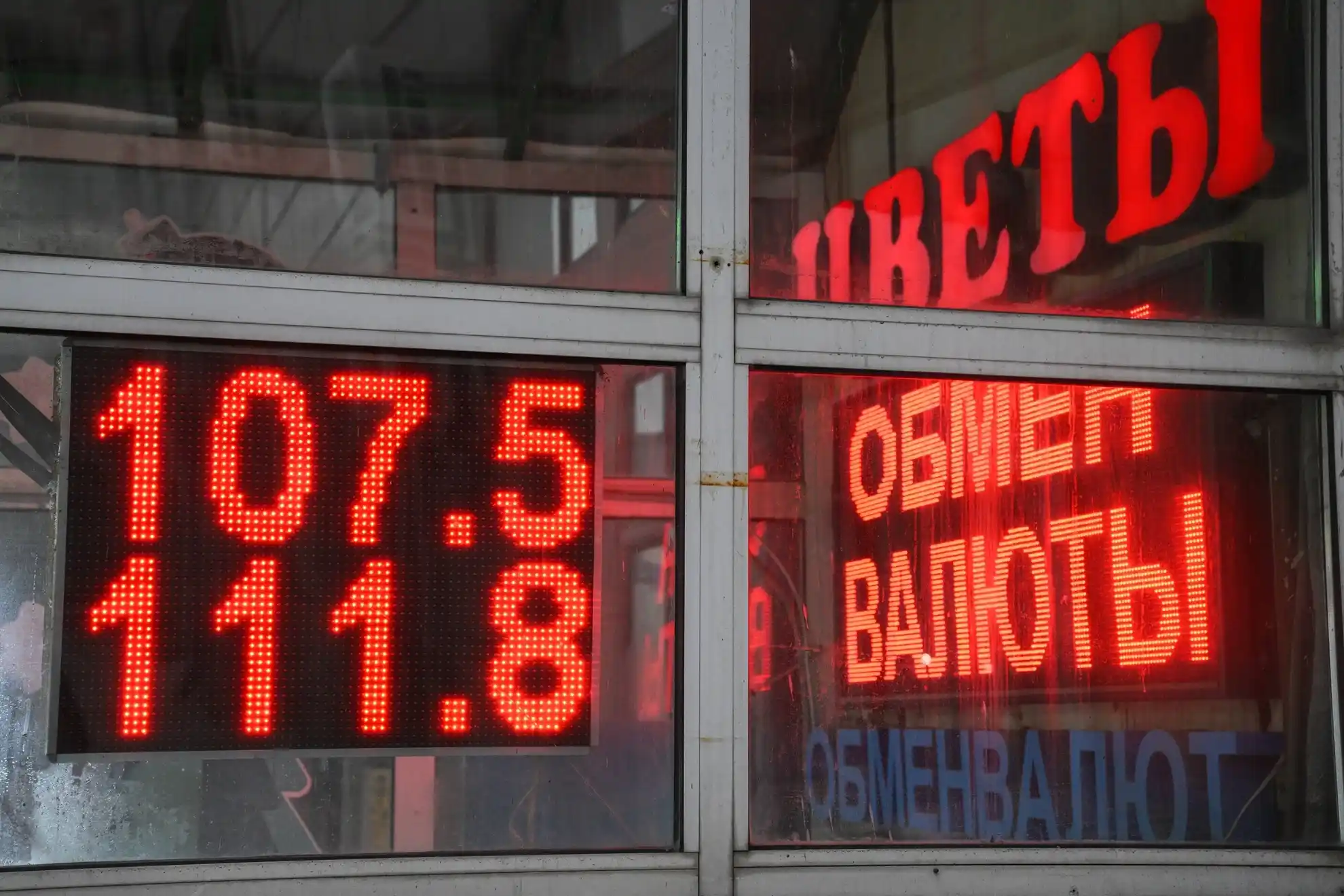
Russia’s foreign trade surplus has plummeted to its lowest level since the acute phase of the COVID-19 pandemic. According to the Central Bank of Russia, the difference between the value of exported and imported goods in Q4 2024 contracted by 35% year-on-year, falling to $20.4 billion.
For context, the trade surplus in Q4 2022 stood at $62.8 billion. The last time the surplus was lower occurred in Q3 2020, when prices for oil, gas, and coal reached multi-year lows, leaving exports exceeding imports by just $18.7 billion.
The sharp decline follows a period of surging prices for oil, gas, and coal in 2021–2022, which have since begun to normalize. This price correction has significantly impacted Russia’s trade balance. Furthermore, early 2025 may bring an even narrower surplus due to several compounding factors:
- Expanded Sanctions: The U.S. Treasury has added several Russian oil and coal companies to its Specially Designated Nationals (SDN) list, threatening to curtail energy exports.
- Disruption of Ukrainian Transit: The suspension of transit routes through Ukraine has the potential to halve Gazprom’s natural gas shipments to EU nations.
- OPEC+ Deal at Risk: Weakening oil demand in China, coupled with regulatory easing for U.S. oil producers, may place additional strain on the OPEC+ alliance.
This combination of geopolitical and economic pressures signals a challenging year ahead for Russia’s external accounts.


















